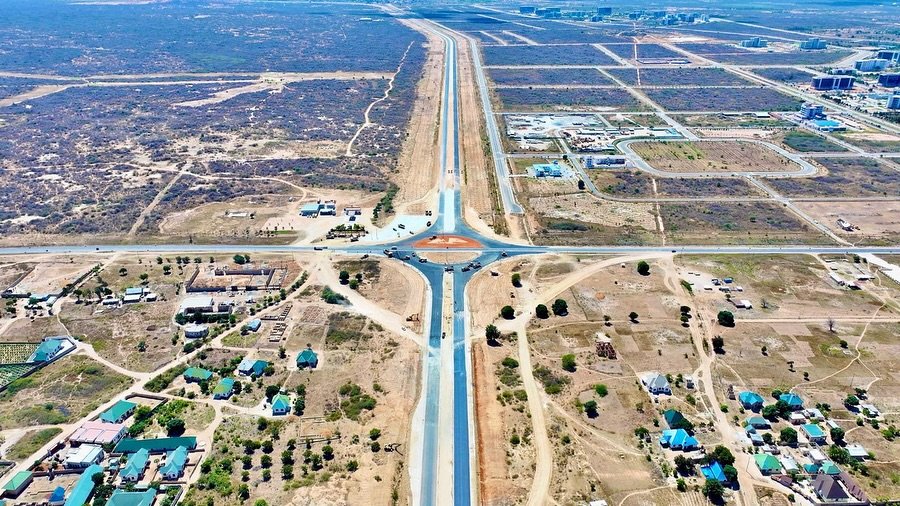Dodoma Launches Investor-Friendly Zones to Drive Urban and Economic Growth

Dodoma is actively positioning itself as a regional investment hub through the creation of new investor-friendly zones, combining land availability, modern infrastructure, and streamlined regulatory processes. The Dodoma City Council (DCC) has identified strategic areas designed to attract developers and facilitate commercial, industrial, and residential investment.
The Njedengwa Investment Area, covering roughly 580 hectares with 141 plots ranging from 2 to 26 acres, has been earmarked for high-potential investment opportunities. Similarly, Iyumbu New Town, spanning 252 hectares with 242 plots, is designed as a mixed-use urban hub. The council has allocated 10 plots for commercial use, two for small industries, 173 for combined business and residential use, and 57 for special residential purposes. Iyumbu New Town also features a sports ground, the “Iyumbu Town Centre,” further enhancing the area’s community and lifestyle appeal.
Infrastructure and Accessibility
Dodoma’s attractiveness to investors is underpinned by well-planned infrastructure and road networks. Key inner roads, including Martin Luther–Swaswa, Wajenzi–Chang’ombe, Meriwa–Swaswa, Emaus–African Dream, Ipagala–Ilazo, and Kisasa–Njedengwa, are either completed or under construction, providing smooth traffic flow and connectivity within the city. Paved roads, organised urban layouts, and ongoing development projects are reducing transaction costs and logistical inefficiencies, critical factors for industrial and commercial investment.
The council has also simplified administrative procedures, offering affordable land acquisition, easy access to land titles, and a streamlined building plan approval process. These incentives reduce barriers for developers and signal the city’s commitment to an investor-friendly environment.
Economic Implications
By strategically designating investment zones, Dodoma is creating a platform for urban economic growth. Mixed-use developments facilitate commercial activity alongside residential expansion, fostering local employment and supporting small-to-medium enterprises. Industrial plots encourage manufacturing and processing, while commercial plots attract services, retail, and logistics businesses.
Such concentrated investment areas also have multiplier effects: enhanced property values, increased municipal revenue through taxes and levies, and improved urban services all contribute to the city’s economic competitiveness. As Dodoma consolidates its role as Tanzania’s capital, these zones are likely to serve as catalysts for broader regional development.
Strategic Urban Planning
Dodoma’s approach reflects a broader trend of planned urbanisation in Tanzania. By integrating infrastructure development, regulatory incentives, and strategic zoning, the city aims to balance residential growth with commercial and industrial expansion. This structured approach reduces urban congestion, ensures sustainable development, and positions Dodoma as a model for other secondary cities seeking to attract investment and foster economic diversification.
The creation of these investment zones signals a proactive, growth-oriented strategy by municipal authorities, aligning urban planning with economic policy. By combining modern infrastructure with accessible land and efficient regulatory frameworks, Dodoma is laying the groundwork for sustained investment inflows, increased economic activity, and enhanced competitiveness in Tanzania’s evolving urban economy.
